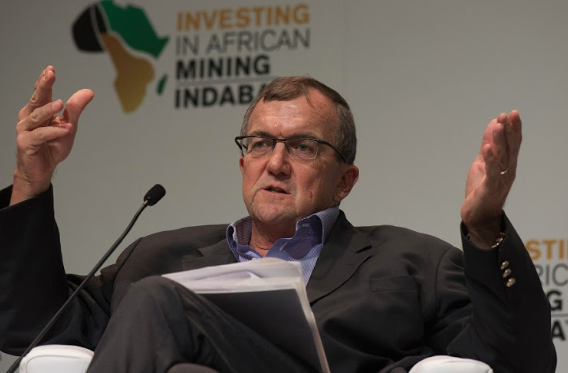Mining companies need to provide appropriate remedy for harm caused by their activities
(London, 4 February 2019) – Participants at the Africa Mining Indaba in South Africa, the largest mining investment conference in Africa, should act to address justice and compensation for harm to individuals and local communities as a result of their activities, said RAID, a UK based watchdog that exposes corporate human rights violations in Africa.
RAID today released the story of Zakaria Nyamakomo which describes one man’s struggle for justice in Tanzania after being beaten and paralyzed at Acacia Mining’s North Mara Gold Mine. “Zakaria’s Story” shows the extraordinary lengths to which a multinational company will go to deny victims justice and compensation.
“The story of one victim in Tanzania is emblematic of so many others at the North Mara Gold Mine and across the continent,” said Anneke Van Woudenberg, Executive Director of RAID. “Far too often victims and communities lose their fight for justice and compensation when faced with the power, might and resources of a large multinational mining company.”
Acacia Mining plc (LON: ACA) is a London-listed gold mining company, whose majority shareholder is Canada’s Barrick, which holds 63.9 per cent. In January 2019, RandGold and Barrick Gold finalized a merger to create the world’s largest gold mining company valued at $23.75 billion. Its new chief executive, Mark Bristow, will be one of the keynote speakers at the Mining Indaba.
Acacia’s North Mara Gold Mine has been bedevilled by reports of serious human rights abuses, including killings, sexual violence and assault. A 2016 Tanzanian parliament inquiry received reports of 65 killings and 270 people injured by the police paid by Acacia’s subsidiary to provide security. Between 2014 and 2016, RAID and MiningWatch Canada documented at least 22 people killed and 69 injured by security forces at or near the mine. Acacia says the violence has since decreased. RAID, however, has interviewed victims of violent incidents that took place in 2018.
Zakaria Nyamakomo is just one of the victims. He was beaten so severely at North Mara Gold Mine in October 2013 by Tanzanian police, paid for by Acacia’s local subsidiary and operating alongside Mine security, that he was left paralyzed. Impoverished and confined to a wheelchair, he lodged a grievance with the Mine in February 2015, but received no reply or compensation. Acacia later said, in January 2017, that Mr Nyamakomo was injured in a fall at the Mine. In 2018, after RAID raised his case again, the company gave a different account, relying on flawed evidence to claim that Mr Nyamakomo had sustained his injuries during a drunken fight away from the mine, despite multiple eye-witness testimony to the contrary. Mr Nyamakomo’s claim is one of many that remains unresolved.
“As the new CEO of Barrick, and a keynote speaker at this year’s Mining Indaba, Mark Bristow should clearly demonstrate how he will bring appropriate justice and compensation for individual victims and communities negatively affected by mining operations in which his new company has a major stake,” said Van Woudenberg. “He has the chance to set a strong example by pressing Acacia’s management to turn things around for victims at North Mara.”
Acacia operates a grievance mechanism at North Mara, overhauled in December 2017, to permit victims to bring complaints and receive compensation. But the process lacks independence and transparency and presses the few victims whose claims are accepted to agree to minimal compensation.
The Mining Indaba runs from 4-7 February in Cape Town, South Africa.
The full details of Zakaria’s story, including video, photos and key documents can be found here.

